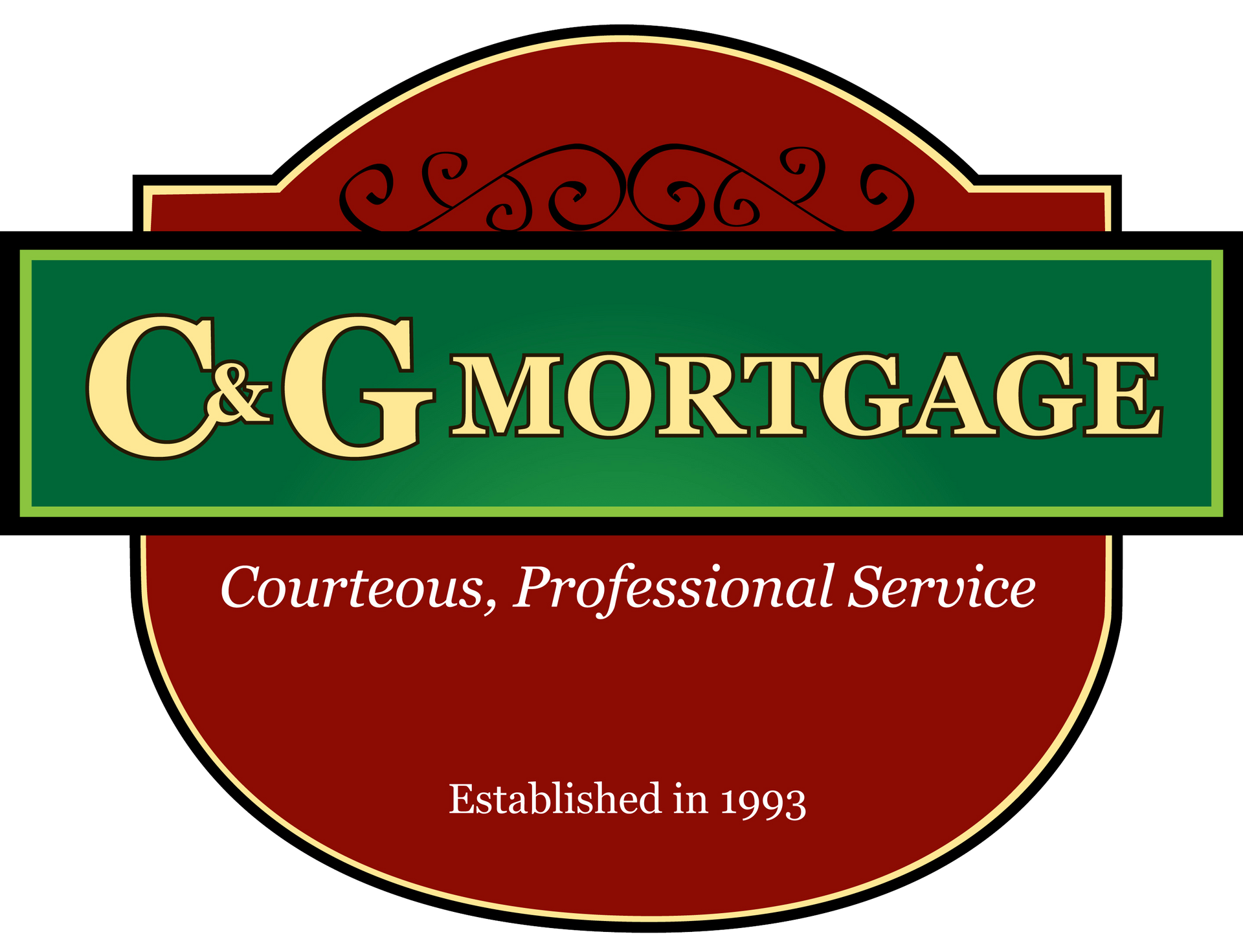Navigating Your Loan Journey
Step One: Determine Your Borrowing Capacity
The initial step in securing a loan is to assess the amount you can borrow. Contact C & G Mortgage at our offices in Dayton and Lina, Ohio, to get started. When embarking on your home-buying journey, it's crucial to ascertain your affordability upfront. We'll help you gauge your purchasing power by following standard lender criteria, accomplished by answering a few straightforward inquiries.
For those seeking even greater certainty, there's the option to get pre-approved for a loan. Pre-approval entails validating your income, credit, assets, and liabilities. It's strongly recommended to pursue pre-approval before commencing your house hunt for several advantageous reasons:
- Scope within Your Means: With pre-approval, you can focus on properties within your financial range.
- Leverage in Negotiations: Sellers are more inclined to engage with buyers with loan approval, expediting your bargaining position.
- Speedy Loan Closure: Pre-approval sets the stage for a swifter loan closing process.


LTV and Debt-to-Income Ratios
LTV, or Loan-To-Value ratio, signifies the maximum risk tolerance a lender will assume in financing your purchase. Lenders often extend higher loan percentages, potentially up to 100%, to creditworthy borrowers. Another pivotal factor in determining the maximum loan amount for a borrower is the ratio of monthly debt payments (including auto and personal loans) to income. A general guideline advises that monthly mortgage payments should be one-third of your gross monthly income. Therefore, borrowers with elevated debt-to-income ratios may need a larger down payment to qualify for a lower LTV ratio.
FICO™ Credit Score
FICO™ credit scores hold significant sway in credit decisions across the lending landscape. These scores quantify an individual's creditworthiness and are derived from mathematical models created by Fair Isaac and Company in San Rafael, California. FICO™ scores assess an individual's credit risk relative to the broader population, considering factors like payment history, total borrowing, credit history length, credit inquiries, and established credit types. It's important to note that each credit report inquiry during your credit search can negatively affect your credit score. Thus, it's wise to authorize credit report inquiries only after you've decided to proceed with a loan application.


Self-Employed Borrowers
Self-employed individuals often have more intricate borrowing requirements than employed individuals. For conventional lenders, the primary challenge is documenting income for self-employed applicants. Those with traditional employment can readily provide pay stubs, which lenders can verify through employers. However, self-employed applicants rely on income tax returns, typically covering two years, to substantiate their earnings.
Source of Down Payment
Lenders anticipate borrowers contributing an adequate down payment and covering other associated fees when funding their loan. Typically, down payments are made from the savings of the borrowers. When borrowers lack the necessary down payment, they may receive "gift funds" from an eligible donor with a formal letter confirming that these gifts do not require repayment.


Step Two: Choosing the Right Home Loan for Your Goals
Regarding home loans, the options can be as diverse as the homes themselves. Understanding the advantages of each loan type is pivotal to making a well-informed decision tailored to your financial needs and aspirations. Whether you're in the market for a new home or considering a refinancing opportunity, there are two fundamental categories of home loans, each with unique benefits.
Fixed-Rate Mortgage
Fixed-rate mortgages typically come with term options of 15 or 30 years. Over these years, both the interest rate and your monthly payments have remained constant. This loan type is ideal for you if:
- You plan on residing in your home for more than seven years.
- You appreciate the stability of a fixed principal and interest payment.
- You prefer to avoid the uncertainty of potential future payment increases.
- You anticipate that your income and spending patterns will remain consistent.
Adjustable Rate Mortgage
Adjustable Rate Mortgages, often called ARMs, also offer term choices of 15 or 30 years, mirroring fixed-rate mortgages. However, during the loan term, the interest rate on an ARM can fluctuate, leading to periodic adjustments in your monthly payments. Opt for an ARM if:
- You plan to stay in your home for less than five years.
- You are comfortable with the idea of periodic fluctuations in your monthly payment, whether they go up or down.
- You are open to the risk of potential payment increases in the future.
- You expect your income to see growth in the coming years.
By carefully assessing these factors and consulting with our experienced professionals, you can confidently select the loan that aligns with both your current financial situation and your long-term financial objectives. Your home financing journey begins with making the right choice.
Step Three: Complete a Loan Application

Step Four: Initiating Loan Processing
While lenders adhere to regulatory standards set by government agencies, the approval process can vary based on the specific terms of your loan. In general, approval hinges on two key factors: your capacity and willingness to repay the loan and the property's assessed value.
As soon as we receive your loan application, our diligent team promptly commences the loan approval process. Your dedicated loan processor will meticulously verify all the information provided. In the event of any discrepancies, either the processor or your loan officer will work to rectify them. This information includes:
1. Income and Employment Verification
- Is your income adequate to cover monthly payments? Industry guidelines are employed to assess your income and debts.
2. Credit Assessment
- What is your track record in repaying debts on time? Your credit report is scrutinized to ascertain the types and terms of previous loans, with any payment lapses or delays necessitating explanation.
3. Asset Assessment
- Do you possess the necessary funds for the down payment and closing costs?
4. Property Appraisal
- Is the property's value sufficient? A comprehensive appraisal determines the market value, including location and zoning considerations.
5. Additional Documentation
- In some instances, supplementary documentation may be required to make a final determination regarding your loan approval.
To enhance your likelihood of securing loan approval:
- Ensure your loan application is fully completed; you may expedite the process using our online forms.
- Respond promptly to requests for additional documentation, especially if your interest rate is locked or your loan is set to close by a specific date.
- Maintain a clear paper trail when transferring funds into or from your bank accounts. If you are receiving financial support from friends, family, or other relatives, it's advisable to prepare a gift letter and notify us.
- Refrain from making significant purchases until your loan has closed, as such investments can increase your debts and potentially impact your current application adversely.
- Avoid planning out-of-town trips around your loan's closing date. If you anticipate being away, consider signing a power of attorney for added convenience and security.
Step Five: Finalize Your Loan
Once your loan has received approval, the final step is to sign the last set of loan documents. It's essential to thoroughly review these documents before putting pen to paper, ensuring that the interest rate and loan terms align with what was initially offered to you. Equally important is confirming that the information on the loan documents, including your name and address, is accurate. The signing process typically occurs in the presence of a notary public.
Additionally, various fees are associated with securing a mortgage and transferring property ownership that you will be responsible for paying at the closing. It's advisable to come prepared with a cashier's check to cover the down payment and closing costs, as personal checks are generally unaccepted. Furthermore, you'll need to furnish your homeowner's insurance policy and any other requisite documents, such as flood insurance, along with proof of payment.
Following your signature on the loan documents, your loan is typically finalized promptly. For owner-occupied refinance loan transactions, federal law mandates a 3-day review period for you to assess the documents before your loan transaction can be formally completed.

Contact Us
We’re only a phone call away! Call our friendly mortgage brokers at 937-264-9150 and let us know how we can help.
